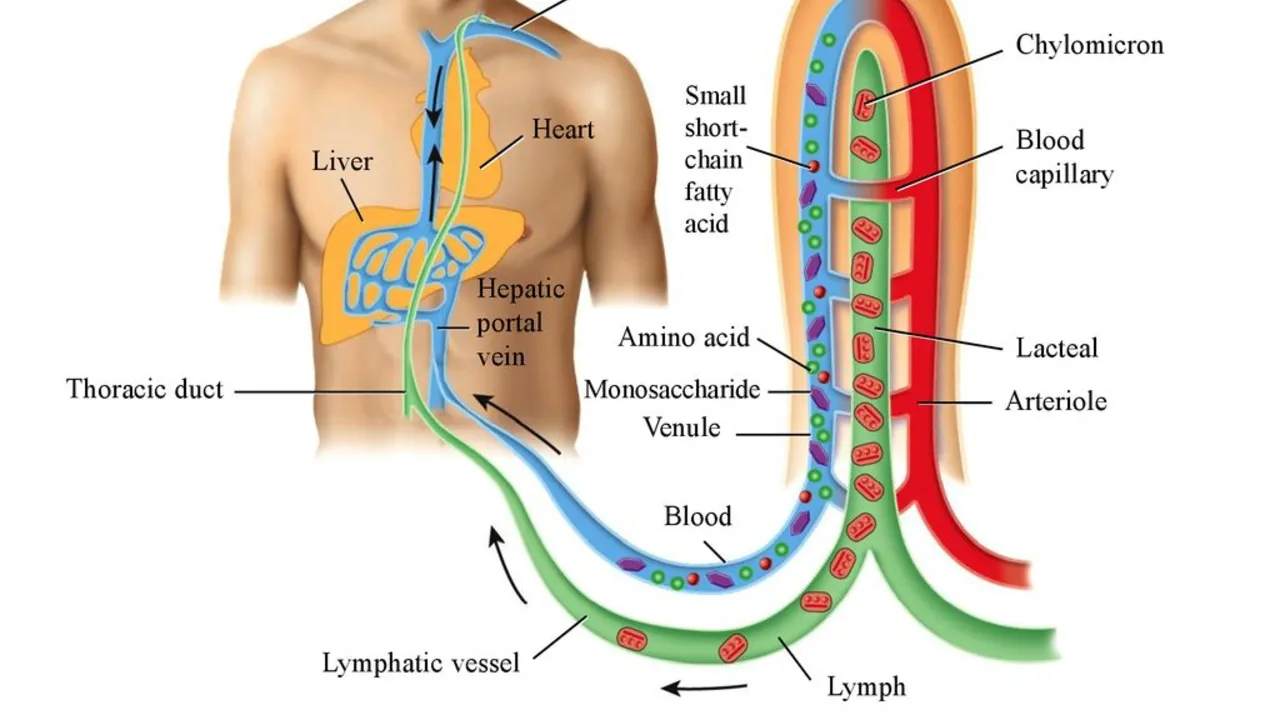Ever wonder why some supplements work better than others? The answer lies in how well your body can absorb the nutrients they contain. Absorption is the process that moves vitamins, minerals, and other compounds from your gut into the bloodstream where they can do their job. If the process is weak, you might not see the benefits you expect, even if you take the right dose.
First off, the type of nutrient matters. Fat‑soluble vitamins like A, D, E, and K need dietary fat to get through the intestinal wall, while water‑soluble vitamins such as C and B‑complex travel more easily with water. That’s why taking a multivitamin with a meal that includes some healthy fat often works better.
Second, your gut health plays a huge role. A balanced mix of good bacteria helps break down food and release nutrients. Conditions like IBS, low stomach acid, or chronic inflammation can slow down or block absorption. Even simple things like stress can change gut motility and affect how much gets taken up.
Third, timing and pairings matter. Calcium can compete with iron, so taking a high‑dose iron supplement at the same time as a calcium‑rich food might reduce how much iron you actually absorb. On the flip side, vitamin C boosts iron absorption, so a glass of orange juice with your iron pill is a smart move.
Lastly, age and medications influence the picture. As we get older, stomach acid often drops, making it harder to dissolve certain minerals. Some prescription drugs, especially antacids or certain antibiotics, can bind to nutrients and keep them out of the bloodstream.
Want to get the most out of your supplements? Start by eating a balanced meal with a mix of protein, healthy fats, and fiber. That combo supports the gut lining and provides the right environment for nutrients to move across.
Second, watch your supplement timing. Split doses if you’re taking multiple minerals. For example, take calcium at dinner and iron with lunch, each with a bit of vitamin C if you can.
Third, stay hydrated. Water helps dissolve water‑soluble vitamins and moves them along the digestive tract. Aim for at least eight glasses a day, more if you’re active.
Fourth, consider a probiotic or fermented foods like yogurt, kefir, or sauerkraut. Keeping your gut flora healthy can boost overall absorption and reduce digestive discomfort.
Finally, talk to your doctor if you suspect a deficiency or if a medication might be interfering. Sometimes a simple dose adjustment or a different form of the nutrient (like chelated minerals) can make a big difference.
Understanding how nutrient absorption works helps you make smarter choices about diet and supplements. By paying attention to what you eat, when you take your pills, and how your gut feels, you can turn a simple daily routine into a powerful tool for better health.

Hey there, mates! Let's get into something really exciting. Did you know that Calcium Acetate plays a critical role in our gut health, aiding in digestion and nutrient absorption? Intriguing, right? In this post, we're going to delve into this fascinating topic, unraveling how this compound can hugely improve our gut functions while promoting overall health. So join me on this journey to better health!
Read More